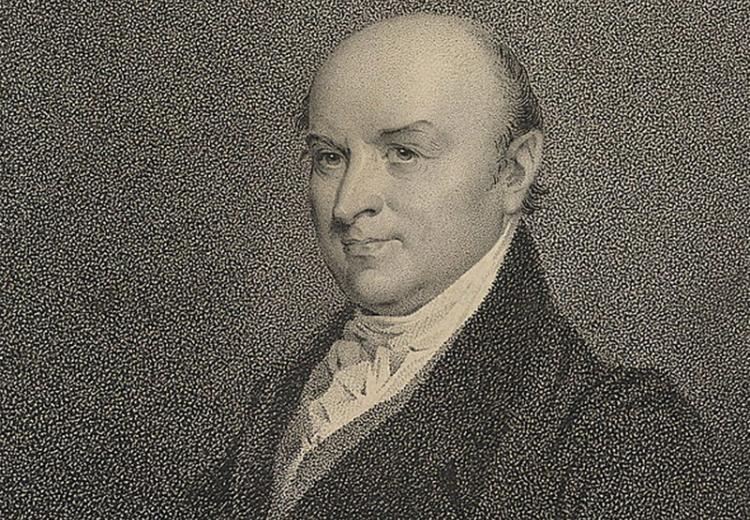The statements, views and opinions expressed in this column are solely those of the author and do not necessarily represent those of this site. This site does not give financial, investment or medical advice.
While the mainstream media insists there is nothing to see and no hope that Donald Trump may yet win the Presidency, the mechanisms placed in our election system by the Constitution speak volumes otherwise. We wish to present a brief history lesson about a time earlier in the US’ history where a severely contested election happened, and what took place. We offer comment at the end.
This comes from the website EdSitement at neh.gov, and on Wikipedia, and we are grateful for the content given from both sites.
The Presidential Election of 1824: The Election is in the House

John Quincy Adams defeated Andrew Jackson in 1824 by garnering more electoral votes through the House of Representatives, even though Jackson originally received more popular and electoral votes.
The statements, views and opinions expressed in this column are solely those of the author and do not necessarily represent those of this site. This site does not give financial, investment or medical advice.



